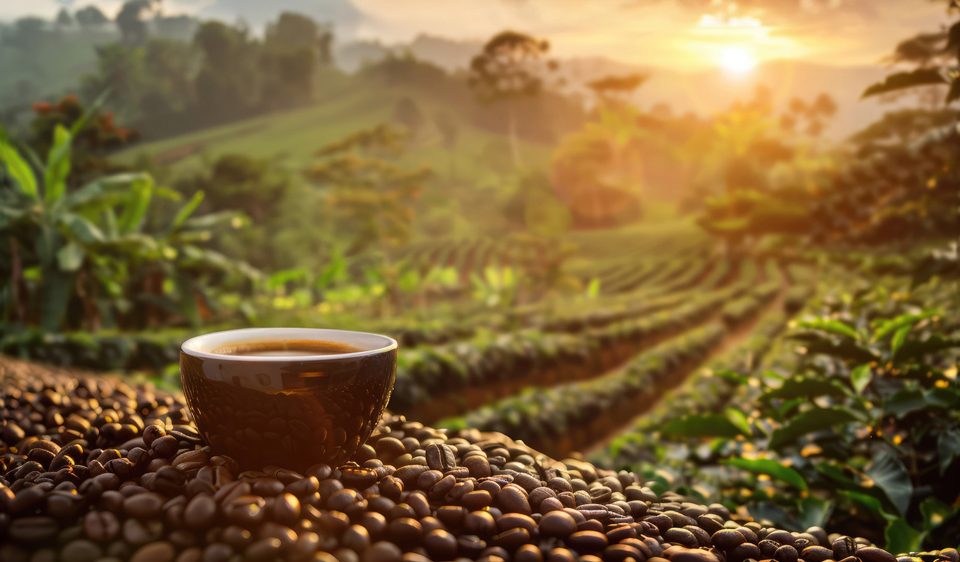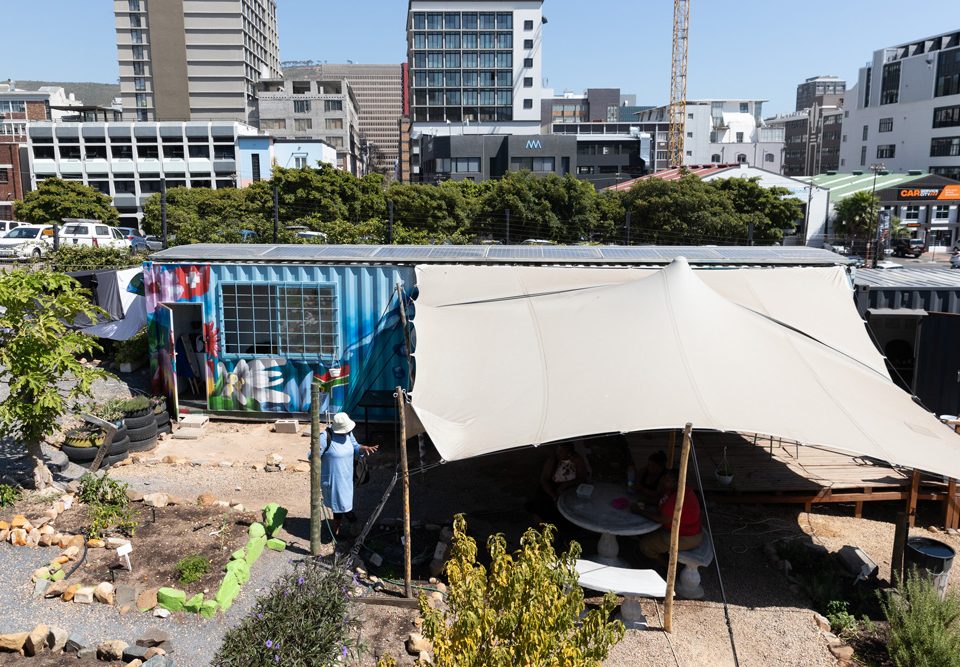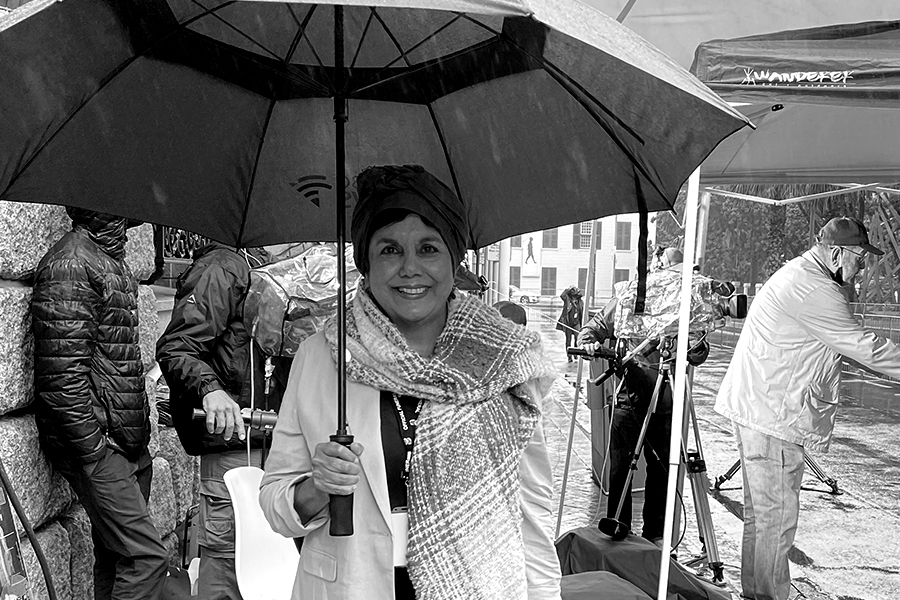
Strengthening systems and institutions
January 24, 2022
Music to your ears
January 28, 2022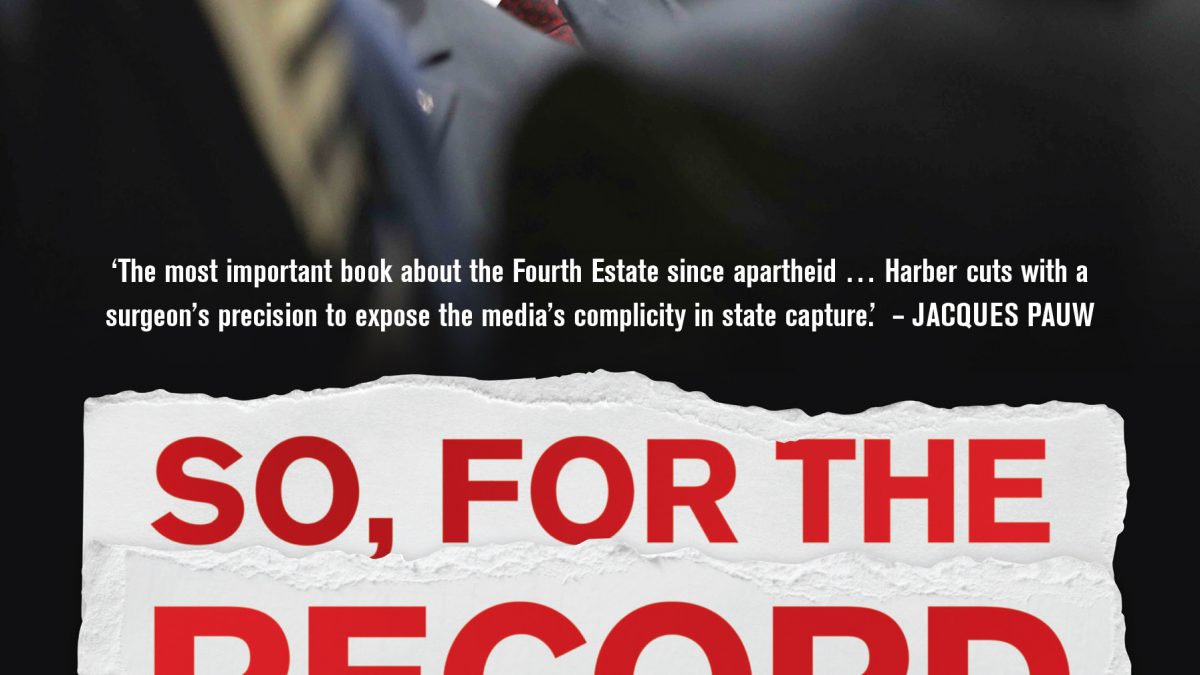
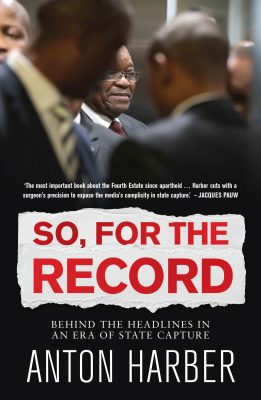
Journalism makes blunders – an insider’s view
Anton Harber, veteran South African journalist, editor and Professor of Journalism at the University of the Witwatersrand wrote So, For the Record: Behind the Headlines in an Era of State Capture. It’s a deep dive into the conduct of the media as mega corruption and state capture engulfed and eventually brought down Jacob Zuma’s administration. Politics Editor Thabo Leshilo asked the author to provide the highlights.
Words: Thabo Leshilo, published originally on www.theconversation.com
WHAT PROMPTED YOU TO WRITE THE BOOK?
For one thing, it is a great story to tell, complete with all the ingredients of a thriller: brothels, spies, brown envelopes and honeypots, all laced with intrigue, deceit and backstabbing. My interest, though, came from a concern that our community of journalists was not dealing properly with the seriesof journalistic fiascos at the Sunday Times, the country’s biggest and most powerful newspaper.
I was on a panel commissioned to conduct an internal investigation at the paper in 2007, after a similar series of journalistic disasters. Our far-reaching recommendations were not implemented. And so, perhaps inevitably, the paper went off the rails again in 2011 – 2016 with another series of stories that boosted those trying to capture state institutions for corrupt purposes. The paper had to retract and apologise for these disastrous stories.
As journalists, we hold those in power to account and demand full transparency from them. But we also wield public power, so I think it is crucial that we hold ourselves to account when we mess up. If we don’t, the politicians will step in and that would be a disaster.
Media self-criticism is not just important to improve our journalism, it is a political, professional and moral imperative. That is why I thought it important to take a deep dive into what happened at the Sunday Times.
The other reason is that this same period saw some of finest and most effective investigative journalism in this country. The #GuptaLeaks exposé in particular contributed to bringing down a president. The email leaks provided the evidence of the extraordinary and malign influence the Gupta brothers, who stand accused of having captured the South African state for their enrichment, had over the president and his family.
Taken together, I thought these parallel tales would provide insight into the highs and lows of journalism, showing its importance and value, but also its limitations and problems. I hope to enable a better public understanding of the work of journalists and the media, as I think that there is confusion over what we do and don’t do in our newsrooms.
This was not just a Sunday Times issue, but it was about the nature and state of our media, and hopefully I offer some insight into that.
As someone who was involved in the 2007 report, knew all the characters well, and who had been part of judging panels for the Taco Kuiper Award for investigative journalism, which recognised the Sunday Times for one of these stories and then withdrew that recognition, I had a rare personal perspective on events.
In a way, the book is a personal account from an insider, and I hope I bring to bear an understanding of journalism derived from 40 years of practice, including my own fair share of journalistic blunders.

